Welcome to the world’s first robot-operated 3D printer factory.
This is about as futuristic as it gets.
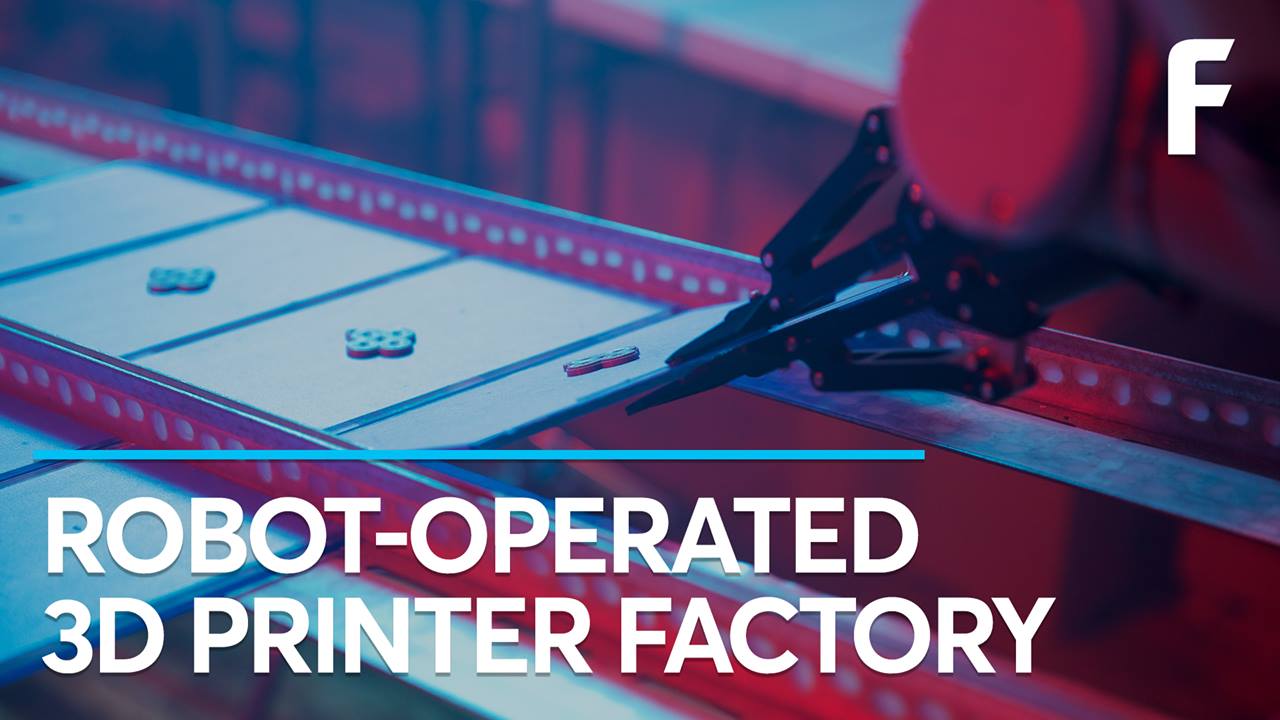

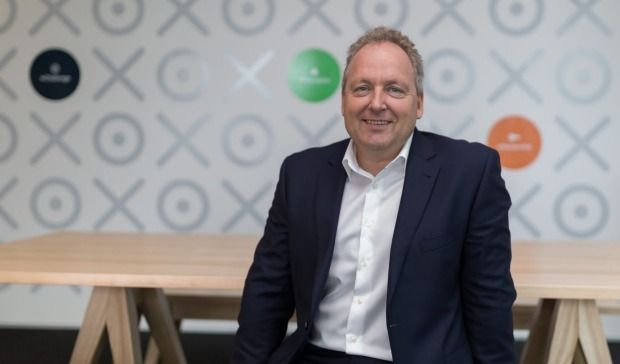
The chief executive of listed accounting software business Xero has claimed machine learning-based automation will be a bigger change than the advent of cloud computing, as it starts to offer options to automate accounting tasks.
Xero boss Rod Drury said the company would unveil a new feature to its software this week which would automate the coding of invoices and bank transactions for its small business customers, work that has been conducted personally by business owners or accountants until now.
The process was targeted for automation after Xero’s Find & Recode feature showed 3.1 million invoices had been incorrectly recorded by its 862,000 subscribers in the 18 months to September 2016. It is the first introduction of machine learning automation at Xero since it shifted its infrastructure to run on Amazon Web Services in 2016.

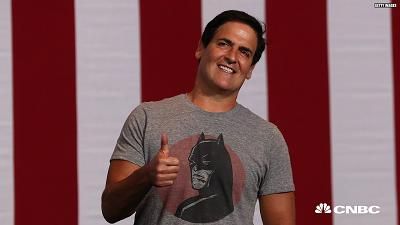

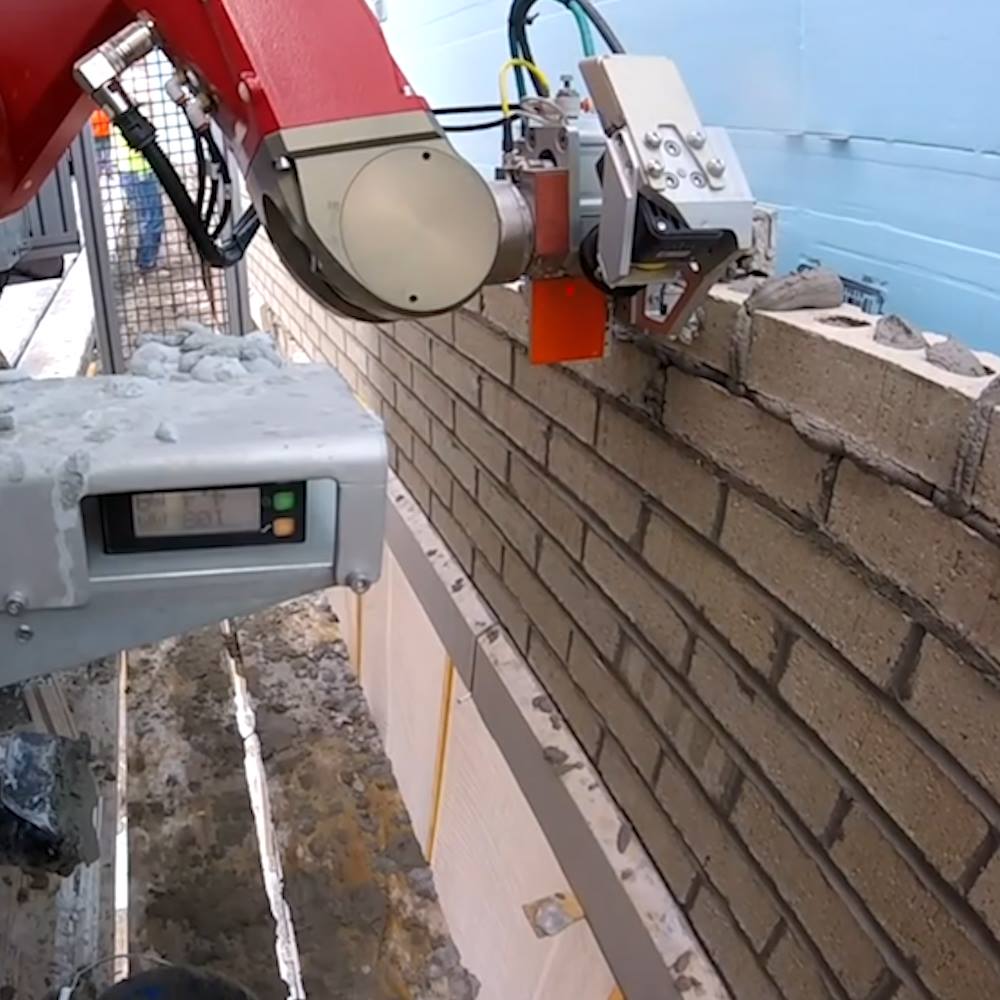
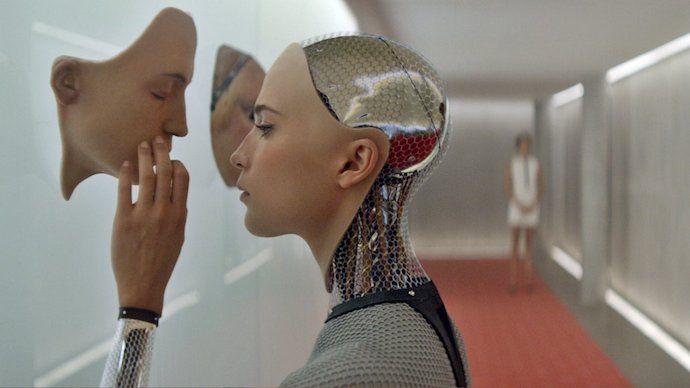
Part man, part machine: Researchers at the University of Oxford are making The Terminator a reality.
Pierre-Alexis Mouthuy and Andrew Carr, of the Oxford Musculoskeletal Biomedical Research Unit, test medical technology by dressing robots in human flesh.
The cyborgs “wear” tissue grafts to help develop artificial muscles and tendons before transplantation.

Robots will not replace every worker and their use in the workplace will lead to more jobs for people who are creative, according to a company that aims to predict the future.
Artificial intelligence (AI) will operate alongside humans to “take away the grind” from work, enabling people to be more imaginative and productive, experts from The Future Laboratory told a Microsoft Surface event.
“Robots will actually create jobs because humans have unique thinking,” Steve Tooze, Special Projects Editor at The Future Laboratory, said. “They will take away the grind that we don’t want to do. This will free us up to the imaginative stuff, the creative stuff.”
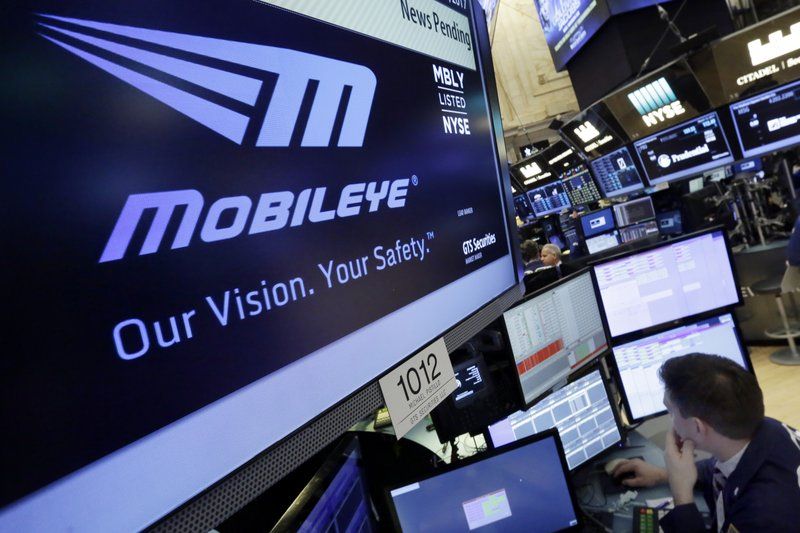
DETROIT (AP) — Computer chip maker Intel paid handsomely for a piece of the next big thing Monday as it offered more than $15 billion for Mobileye, an Israeli company at the forefront of autonomous vehicle technology.
The purchase, scheduled to close by year’s end, creates another major player in self-driving technology as traditional automakers and tech companies vie to put the cars into public use. Most companies have predicted autonomous vehicles will be carrying people in the next three-to-five years.
The big investment by Intel validates predictions that autonomous cars will someday come in large numbers, signifying a sea change in the way we all get around, said Timothy Carone, a Notre Dame University professor who has written about the future of automation. “Major players are finding ways finding ways to position themselves for a change as seminal as the personal computer revolution,” he said.